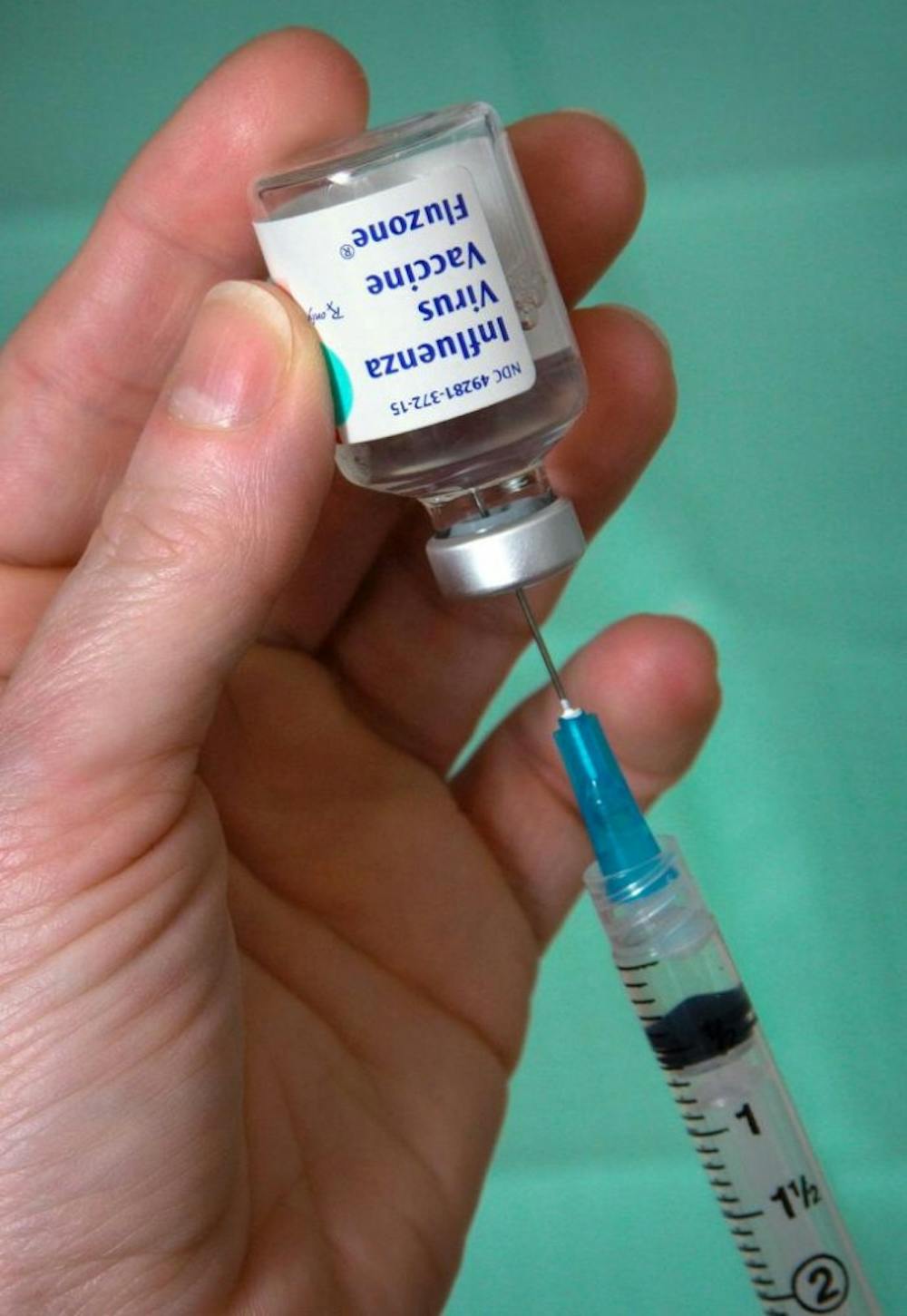Symptoms:
- slight fever
- tiredness
- headache
- pain below the ears
- upper respiratory symptoms (cough, runny nose)
- swelling and tenderness along the jaw and in front of and below the ear(s)
-Indiana State Department of Health/Center For Disease Control
Three universities around Indiana have reported cases of mumps within the past month.
No case of the mumps has been reported at Ball State, but the Indiana State Department of Health released an alert advisory to local health departments Feb. 19.
Indiana University, Butler University and Indiana University-Purdue University Indianapolis have all reported cases of the mumps in the last month. By the time ISDH sent the alert, no link had been identified between cases at the different universities.
University spokesperson Joan Todd said in an email that as of Feb. 23, there were no known cases on campus.
Mumps is a viral disease spread through respiratory droplets, according to the ISDH. It can be spread when infected people sneeze, cough, talk, share cups or eating utensils, or touch surfaces with unwashed hands.
Todd said the university has a Crisis Management Team equipped to handle pandemics and unusual circumstances that may affect daily campus operations.
“While not every scenario can be predicted, plans have been developed to protect human life and assist all areas of the university in responding to anticipated events,” Todd wrote in an email.
Because there is no treatment for mumps, the biggest thing to focus on is prevention, according to a university-wide email. Getting the measles, mumps and rubella vaccine is a good way to do that.
If a student thinks they may have mumps, they should call the Health Center at 765-285-8431 to schedule an appointment, the university said. Don't come in without an appointment, because the staff must be able to prepare to minimize contact with other patients.
The email said students who think they have mumps will be asked to stop attending class and to leave campus until they aren't infectious.
Nancy Wagner, a public health and communicable disease control nurse at the Delaware County Health Department, said Indiana has not experienced an outbreak of a communicable disease since the measles outbreak at the Super Bowl in 2012.
“We always have plans in place in case of any kind of outbreak of diseases,” Wagner said.
In 2014, eight cases of the mumps were reported, according to the Indiana State Department of Health,
Vaccinations for the measles, mumps and rubella (MMR) are available at the Health Center. According to admission requirements, proof of two MMR vaccines is required before enrolling as a student.





